I Bought a Home. Now What?
Published on October 1, 2024 | 6 Minute read

Melanie
Ortiz Reyes
Content Specialist
Congratulations! You've just achieved a major milestone: buying your very own home. The champagne's been popped, the papers are signed, and the keys are in your hand. But as the excitement settles, you might find yourself wondering, "Okay... now what?"
Don't worry, new homeowner. We've got you covered.
1. Change the Locks
First things first - security. You don't know who might have copies of the old keys, so changing the locks should be at the top of your to-do list. This simple step gives you peace of mind and control over who has access to your new home.
Consider upgrading to smart locks while you're at it. They offer keyless entry and can be controlled from your smartphone. Just remember to keep spare physical keys somewhere safe, like with a trusted neighbor or family member.
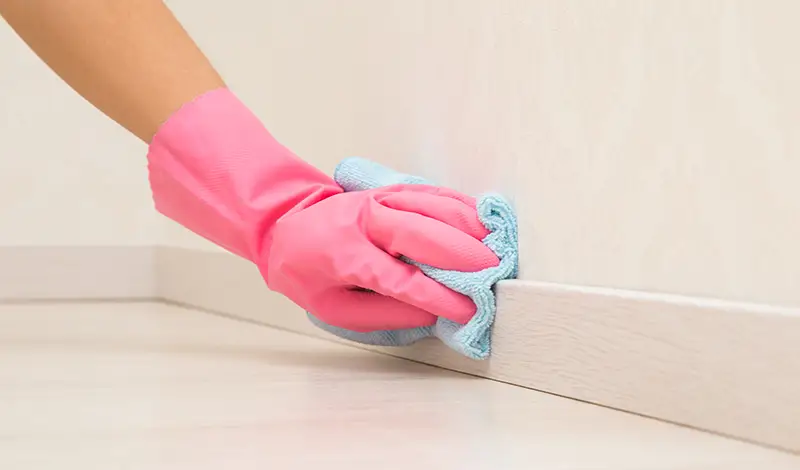
2. Deep Clean Before Moving In
Before you start unpacking, give your new place a thorough cleaning. Even if the previous owners left it in decent shape, there's something satisfying about starting fresh.
Focus on often-overlooked areas like:
- Inside cabinets and drawers
- Window tracks and sills
- Light fixtures and ceiling fans
- Baseboards and crown molding
- Behind appliances
If you're short on time or energy, consider hiring a professional cleaning service. It's worth the investment to start your new chapter in a sparkling clean home.
3. Change Air Filters
Locate your HVAC system and check the air filters. Chances are, they need changing. Mark your calendar to replace them every 1-3 months, depending on the filter type and your home's needs. This simple maintenance task improves air quality and helps your system run more efficiently.
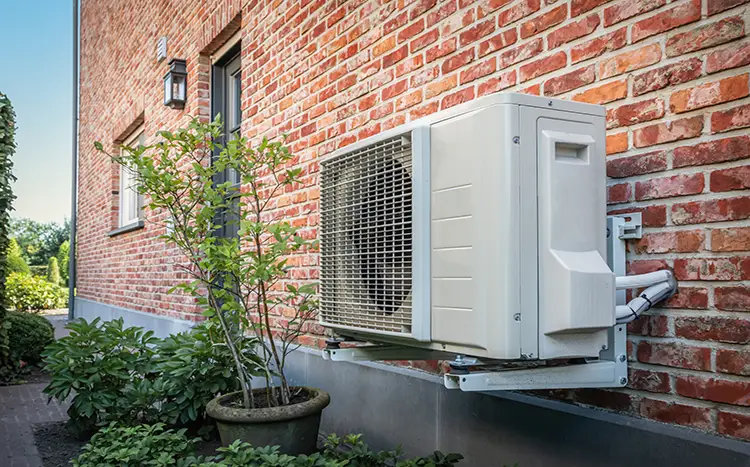
4. Locate Important Home Features
Take some time to familiarize yourself with crucial elements of your new home:
- Main water shut-off valve
- Circuit breaker box
- Gas shut-off valve (if applicable)
- Sump pump (if you have a basement)
- Water heater
- HVAC system
Knowing where these are located can save you precious time in an emergency.
5. Set Up Utilities and Services
If you haven't already, now's the time to set up or transfer utilities into your name:
- Electricity
- Gas
- Water and sewage
- Internet and cable
- Trash and recycling pickup
Don't forget to update your address with the post office, your bank, employer, and other important contacts.
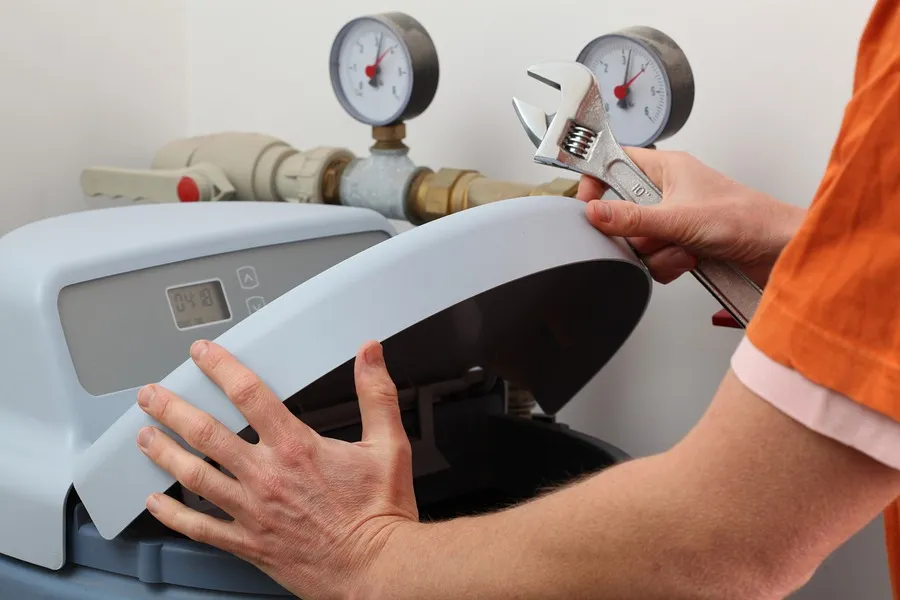
6. Create a Maintenance Calendar
Homeownership comes with ongoing maintenance. Create a calendar to keep track of regular tasks like:
- Gutter cleaning (twice a year)
- HVAC service (spring and fall)
- Chimney sweeping (if applicable)
- Deck sealing (every 2-3 years)
- Exterior paint touch-ups
- Drain cleaning
Having a schedule helps prevent small issues from becoming big, expensive problems down the road.
7. Get to Know Your Neighbors
Take some time to introduce yourself to your new neighbors. They can be a valuable source of information about the neighborhood, local services, and even the history of your house. Plus, building good relationships with your neighbors creates a sense of community and can enhance your overall living experience.
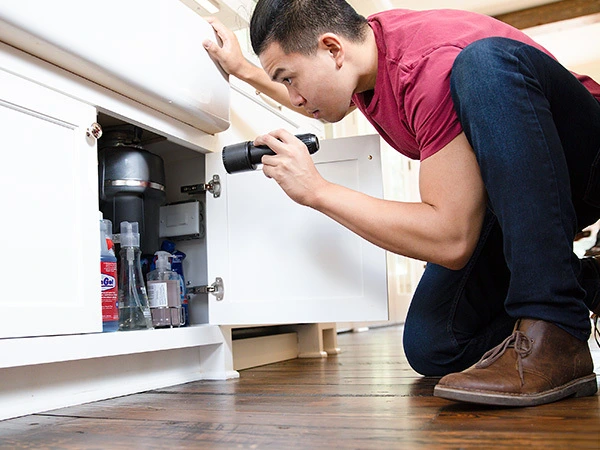
8. Inspect for Pests
Even if you had a pest inspection before buying, it's worth doing another sweep now that the house is empty. Look for signs of common household pests like ants, mice, or termites. If you spot anything concerning, call a pest control service before the problem gets worse.
9. Start an Emergency Fund
If you don't already have one, start setting aside money for a "home emergency fund." Unexpected repairs are part of homeownership, and having a financial cushion can reduce stress when surprises pop up. Aim to save 1-3% of your home's value annually for maintenance and repairs.
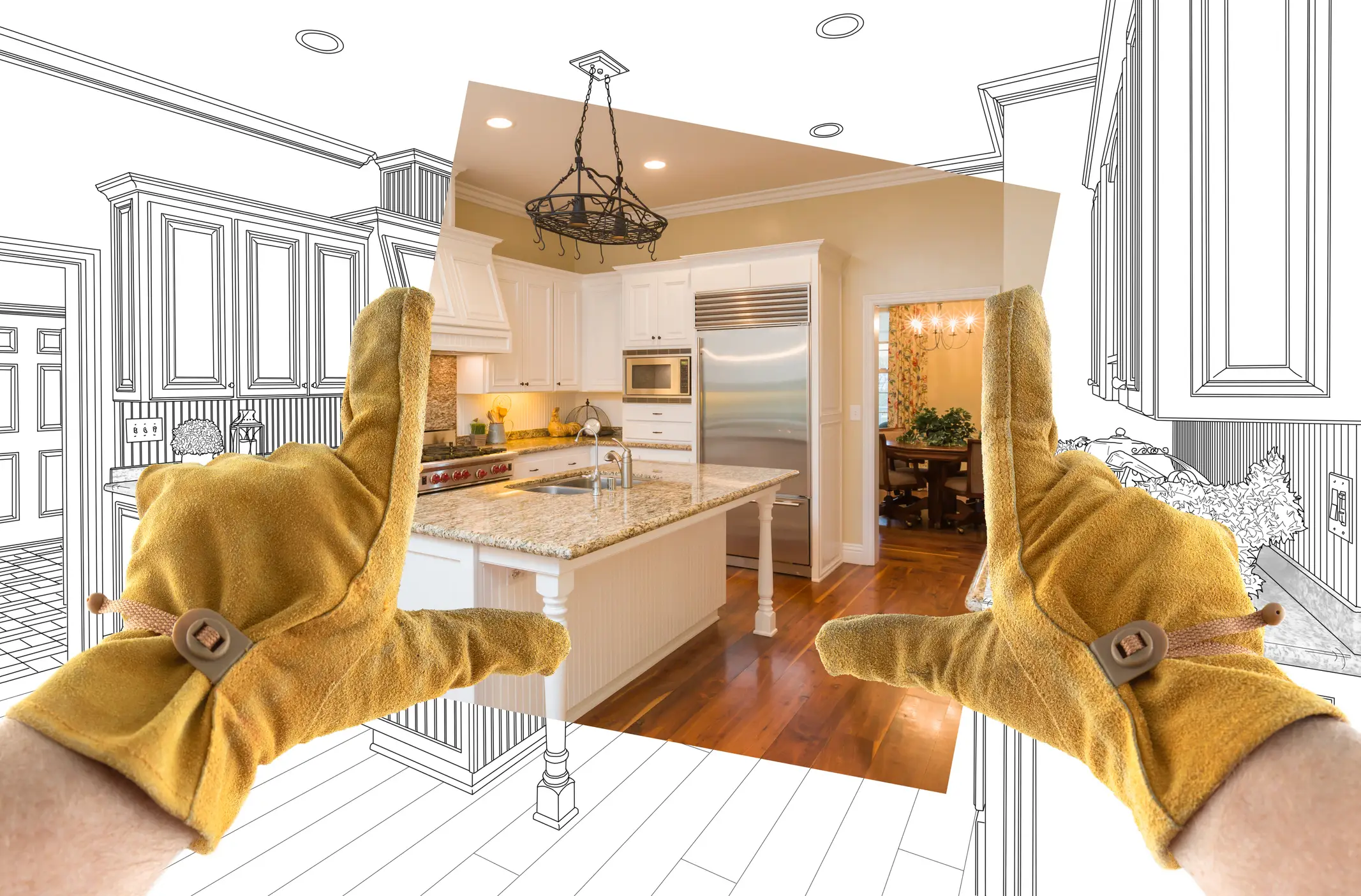
10. Prioritize Home Improvements
You probably have a list of changes you want to make to your new home. Start by prioritizing these projects based on urgency, budget, and impact on your daily life. Remember, you don't have to do everything at once. Spread out your projects to avoid overwhelming yourself (and your wallet).
Some ideas to consider:
- Adding insulation for energy efficiency
- Updating old appliances
- Refreshing paint colors
- Upgrading light fixtures
- Installing smart home devices
11. Organize Important Documents
Create a "home binder" to keep all your important house-related documents in one place. Include:
- Mortgage documents
- Insurance policies
- Warranties and manuals for appliances
- Renovation records
- Property survey
- Inspection reports
Having these organized and easily accessible will save you headaches down the road.
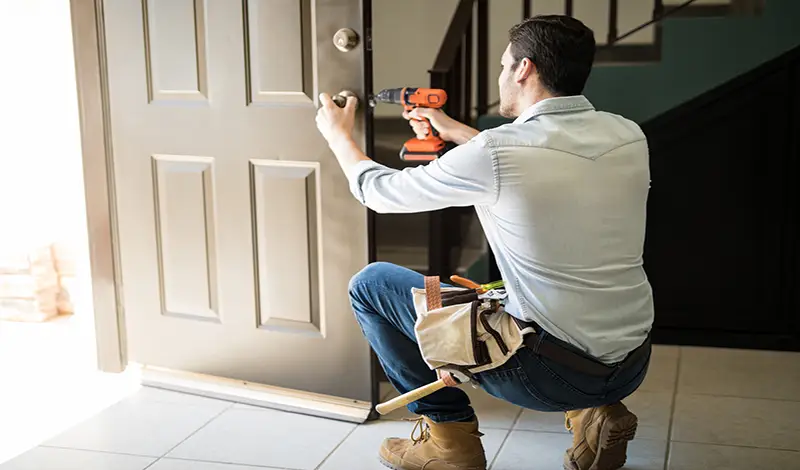
12. Learn DIY Basics
While some home repairs require professionals, many small fixes can be DIY projects. Learn some basics like:
- How to unclog a drain
- Patching small holes in drywall
- Fixing a leaky faucet
- Replacing a light switch
- Basic painting techniques
Not only will this save you money, but it'll also give you a sense of pride and ownership in maintaining your home.
13. Review and Update Your Insurance
Now that you're settled, review your homeowner's insurance policy. Make sure you understand what's covered and consider if you need additional coverage for things like flooding or valuable items. It's also a good time to look into umbrella insurance for extra liability protection.

14. Plan for the Future
Think about long-term projects and start planning for them now. This might include:
- Saving for a major renovation
- Researching landscaping ideas
- Planning for family changes (like adding a nursery)
- Considering energy-efficient upgrades
Having a vision for your home's future can help guide your decisions and investments over time.
15. Enjoy Your New Home!
Last but certainly not least, take time to enjoy your new space. Host a housewarming party, have a cozy movie night, or simply relax in your favorite spot. You've worked hard to get here, and you deserve to savor this achievement.
Remember, turning a house into a home is a journey, not a destination. There will always be projects to tackle and improvements to make. But don't let that overshadow the joy of homeownership. Embrace the process, learn as you go, and create wonderful memories in your new home.